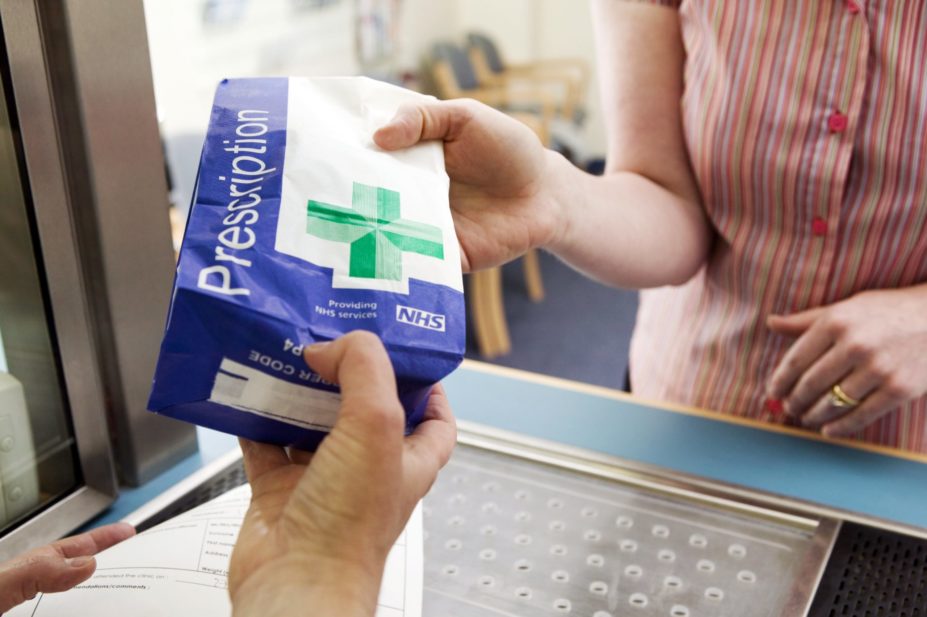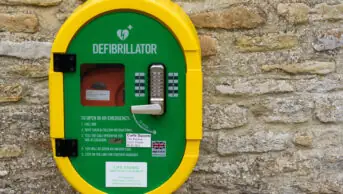
Lewis Houghton / Science Photo Library
The Department of Health and Social Care (DHSC) has told The Pharmaceutical Journal it is “assessing the evidence” for a national helpline for people with prescribed drug dependence, two years after the helpline was initially recommended.
In 2019, Public Health England (PHE) — which has now been replaced by the UK Health Security Agency and the Office for Health Improvement and Disparities — published an evidence review on the dependence and withdrawal associated with some prescribed medicines.
In the review, PHE recommended that the DHSC should consider supporting the development of a “time-limited national helpline and associated website” to provide expert advice and support to patients.
“Any helpline and website services should be developed in consultation with key stakeholders (including experts by experience) and in line with guidance and relevant standards, and with appropriate clinical oversight,” the report said.
It added that the service should provide patients with a combination of support and guidance in the form of drug information, advice on withdrawal and withdrawal symptoms, non-drug alternatives and details of local support services.
Responding to a query from The Pharmaceutical Journal on progress on the development of a helpline in October 2021, a spokesperson for the DHSC said it would continue to work “closely” with the NHS and national partners to lower dependency on prescription medicines.
“We recently published a review into overprescribing, which set out actions we’re taking to reduce unnecessary prescribing, such as the introduction of addiction warnings on the packaging of opioid painkillers,” the spokesperson said, adding: “We are assessing the evidence for a national helpline for individuals with prescribed drug dependence.”
The British Medical Association (BMA), which has advocated for the creation of a national helpline for prescribed drug dependence for several years, said that there was already evidence to support “this vital service” and that it could be set up and run in a “fairly short space of time”.
“It’s disappointing that it seems to have taken such a long time to establish this and we’d be happy to continue working with DHSC to provide our existing evidence of need, and work alongside them to ensure clear communication to doctors,” said Dame Parveen Kumar, chair of the BMA Board of Science.
Research from the Council for Evidence-Based Psychiatry and the All-Party Parliamentary Group for Prescribed Drug Dependence (APPGPDD), published in Addictive Behaviours on 19 October 2021, included an estimate that around £500m of taxpayer’s money was wasted each year in England on medicines that can cause dependency, including antidepressants, painkillers and sleeping pills.
At the time, the chair of the APPGPDD said that “a fraction” of these wasted costs should now be invested in a helpline and dedicated withdrawal support services, as recommended by Public Health England back in 2019.
A spokesperson for the APPGPDD said: “It is very disappointing that DHSC is still ‘assessing the evidence’ for a helpline more than two years after Public Health England assessed the evidence and recommended a helpline. And while civil servants delay, thousands of patients across the country are unable to obtain the support they desperately need to withdraw from their medicines.”
NHS England and NHS Improvement were also approached for comment but did not respond.
Read more: Prescribers should warn patients about dependence before starting them on high-risk drugs, says NICE


